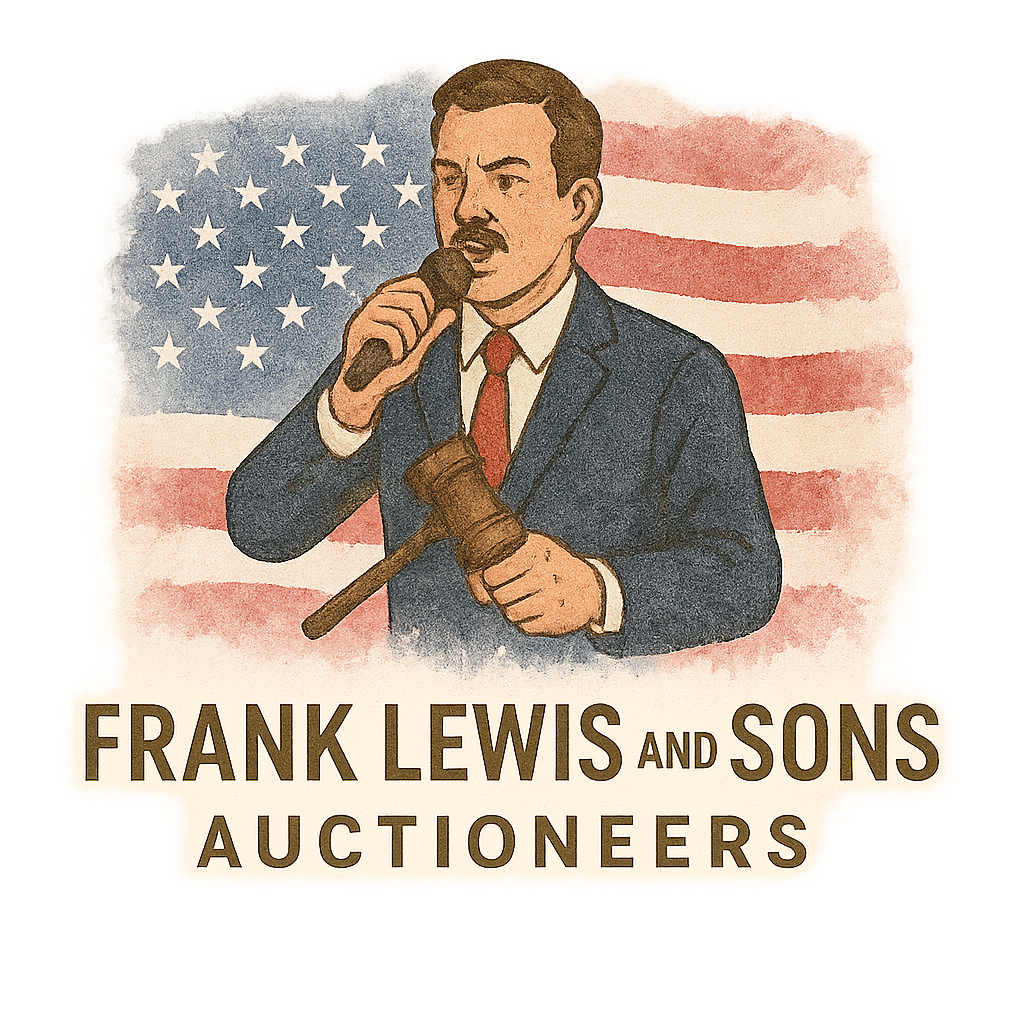Introduction
Managing a massive collection of antiques, furniture, memorabilia, or artwork during an estate auction can feel like untangling a box of vintage Christmas lights. Complex, emotional, and time-sensitive. That’s where expert auctioneers come in — professionals who bring both strategic precision and people skills to the table.
In this guide, we’re diving into 6 ways auctioneers handle large collections during estate auctions, ensuring everything is smooth, transparent, and maximally profitable. Whether you’re a family dealing with an estate or just curious about the process, this breakdown reveals how auctioneers make the magic happen.
(Also, check out helpful insights at Lewis Auctioneers if you’re prepping for an estate sale.)
Why Estate Auctions Often Involve Large Collections
Common Types of Items Found in Estate Sales
Estate auctions usually follow the passing of a loved one, relocation, or downsizing. Over a lifetime, people accumulate everything from vintage tools and porcelain dolls to classic cars and collectible coins. That means auctioneers have to deal with:
- Furniture collections
- Jewelry and watches
- Rare books and documents
- Artwork and decor
- Business equipment (yes, even warehouses full)
For more on asset liquidation, visit Business Equipment Auctions.
Emotional and Financial Significance
These items often carry both sentimental value and financial potential. Auctioneers must balance professionalism with empathy, something we discuss more in qualities of great auctioneers.
1. Pre-Auction Assessment and Inventorying
Conducting Thorough Walkthroughs
First things first: the auctioneer visits the estate to assess the scope. This walkthrough helps them understand:
- The type and quantity of items
- The potential market value
- The best strategy for categorization
It’s also when they determine if a single-day event or a multi-day auction is needed — especially for collections that can fill entire barns.
Cataloging and Tagging for Efficiency
Once the assessment is complete, everything gets cataloged. This includes:
- Descriptions and condition notes
- Photos for listings
- Tagging items with lot numbers
Proper inventorying is essential — and explained in more detail in this auctioneering tips guide.
2. Organizing and Categorizing Items
Creating Logical Groupings
Auctioneers make sense of chaos by grouping similar items together. For instance, all vintage toys might be sold in one segment, while antique furniture is auctioned separately. This creates a smooth flow during the event.
Importance of Thematic Auctions
Sometimes, auctioneers go further by creating themed auctions. A military memorabilia collection, for example, might be advertised as a standalone event to attract specific buyers.
Want to learn more about targeting collectors? Check out the bidding strategies tag.
3. Marketing the Collection Strategically
Reaching the Right Buyers
Good auctioneers don’t just open the doors and hope for the best. They build excitement by targeting:
- Email subscriber lists
- Collector groups
- Social media followers
- Local communities
You can see how excitement drives engagement in this excitement tag.
Using Digital and Physical Advertising
Marketing may include:
- Listing on auction platforms
- Physical signage and flyers
- Google and Facebook ads
- Dedicated auction landing pages
More about fast sales via targeted marketing can be found here.

4. Using Technology to Streamline the Process
Auction Management Software
Auctioneers now use software that helps with:
- Bidder registration
- Live updates and digital bidding
- Real-time analytics
It’s like having a digital butler manage the entire flow.
Hybrid and Live Auctions
Live-streamed auctions are the new norm. They allow remote bidders to participate while local attendees enjoy the in-person excitement. This hybrid approach means more eyes, more bids, and better sales.
Explore more on this in live auction strategies.
5. Auction Day Execution and Crowd Management
Managing Bidder Flow and Excitement
Auction day can be hectic, but skilled auctioneers orchestrate it like a maestro with a baton. They:
- Keep the crowd engaged
- Announce lots clearly
- Prevent bidding confusion
This is where experience shines. Learn about what makes a successful auctioneer here.
Keeping the Process Smooth and Fast
Time is money. A long auction can cause fatigue and drop-offs. Auctioneers pace the day to ensure:
- No lulls in energy
- No confusion about items
- Competitive bidding remains fierce
Want seller tips? Here’s a hub of seller advice.
6. Post-Auction Settlement and Logistics
Invoicing, Payment & Delivery
After the final hammer falls, auctioneers handle:
- Sending invoices to buyers
- Collecting payment
- Coordinating delivery or pickup
Everything is tracked and transparent, ensuring trust for both sellers and buyers.
Unsold Items and Liquidation Tips
Not everything may sell — and that’s okay. Auctioneers often:
- Re-list unsold items in future auctions
- Offer direct purchase options
- Provide liquidation strategies
For more on how this works, check liquidation methods.
Legal Aspects in Handling Estate Collections
Legal Paperwork and Transfer of Ownership
Estate auctions involve real property and valuable assets, so auctioneers often coordinate with:
- Attorneys
- Estate planners
- Family executors
Check out how legal tips impact the process.
Tax and Inheritance Considerations
Many estate sales must also factor in taxes and potential inheritance complications. The auctioneer may refer families to legal counsel or tax professionals.
Looking to sell a property via auction? Visit real estate auctions.
Tips for Sellers With Large Estates
Choosing the Right Auctioneer
Not all auctioneers are created equal. Look for one with:
- Proven estate auction experience
- Great communication skills
- Understanding of assets and real estate
Need help choosing? Start with these auctioneer insights.
Preparing Emotionally and Logistically
Letting go is hard. But with the right team, it becomes manageable — even healing. Good auctioneers respect your story and maximize your outcome.
Conclusion
Handling large collections during estate auctions is a true blend of art, logistics, and heart. Auctioneers play the role of project manager, marketer, negotiator, and sometimes even therapist. Their goal? To honor the estate’s legacy while making sure the process is smooth and profitable for the family.
If you’re considering an estate sale, lean on professionals. And for trustworthy help, don’t miss the resources over at Lewis Auctioneers.
FAQs
1. How long does it take to prepare for an estate auction?
Typically, 2–4 weeks depending on collection size. Larger estates may require more time for inventorying and marketing.
2. Do auctioneers provide packing and transport services?
Some do, while others partner with logistics firms. Always ask about post-sale handling.
3. Can I attend my own estate auction?
Absolutely. Many sellers attend to observe or even bid on items.
4. What happens if my items don’t sell?
They may be re-listed, liquidated, or offered via private sale. Read more on liquidation options.
5. How are legal matters like property titles handled?
Auctioneers often coordinate with estate attorneys to ensure all legal transfers are valid and clear.
6. What’s the best way to market a large estate collection?
Strategic, multi-channel marketing — including business directories, email, and social media — works best.
7. Are online-only estate auctions effective?
Yes, especially for collectible-heavy or niche collections. But hybrid models often reach the widest audience.


